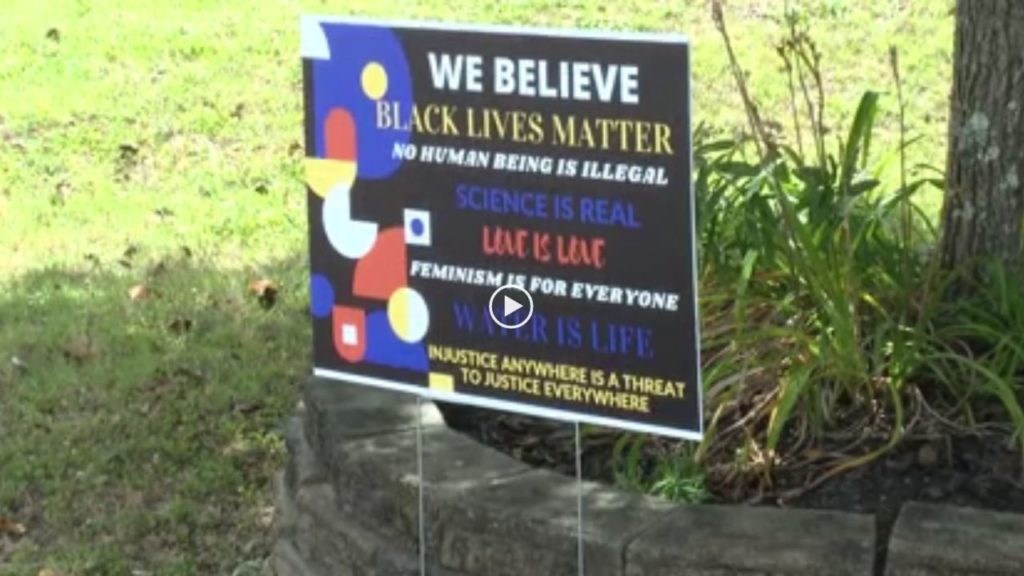Below is a review of the posts (on Facebook, LinkedIn, and Twitter) from the past week. You can check out the full posts by clicking on the links.

In the post on Sunday 7/19/20, we learned that the EEOC sued NICE Systems for pregnancy discrimination, retaliation, and constructive discharge. That’s a mouthful! The employer here is a software company. Allegedly after the employee told her supervisor that she was pregnant, he stopped assigning sales leads to her and denied her commission payments. She complained. And how did the employer respond? See the post. When she returned from her pregnancy leave, what had been her lucrative sales territory was taken away and she was reassigned to a new territory with few if any existing clients. Again she complained. And again the employer’s response is in the post (along with her reaction). The EEOC filed suit after the matter would not settle.
TAKEAWAY: Pregnancy is a protected characteristic; don’t treat pregnant employees differently than other employees. Just don’t.

The post on Monday 7/20/20 was about an airline’s argument that the FFCRA doesn’t protect an exec who requested leave before it took effect. Jones is a single mother who worked as director of revenue management at Eastern Airlines. She alleged in her suit that she often asked to discuss her schedule and workload after her son’s school closed due to the pandemic. How that played out, and how her employment ended, is in the post. She sued, alleging that she was terminated for requesting leave under the FFCRA. Recently, the employer asked the court to dismiss the suit for the basis noted in the post. This author notes that while the discharge was pre-COVID, and the Act has no retroactive language, termination was after the Act passed, such that the employer arguably knew the effective date. It is an interesting argument, so stay tuned.
TAKEAWAY: Do you want to be the defendant in a suit? If not, consult an employment lawyer to ensure you stand on the right side of legal when taking adverse action against an applicant or employee.

The post on Tuesday 7/21/20 taught us that staffing companies will pay $568.5K to settle a race and sex discrimination suit. Ouch is right. So, what happened? The EEOC alleged that the company discriminated against black and female applicants and employees by refusing to send them on work assignments or to work for fewer hours. And why did that happen? See the post. [NOTE: this also potentially blurred the lines between who was the employer and might lead to a joint employer relationship …] The settlement involves a huge monetary payment and other relief as noted in the post.
TAKEAWAY: Treat all applicants and employees the same. Period.

The post on Wednesday 7/22/20 was about a woman fighting an HOA after being told to remove a Black Lives Matter sign. While this occurred in NC, it could be PA (or anywhere else) too. Kimberly placed the BLM sign in her front yard about 2 weeks ago. Then she got a letter from the HOA telling her to remove the sign (for the reasons noted in the post). She has not removed it; her reasoning is also in the post. And yes, the HOA was to take further action as noted in the post.
TAKEAWAY: Whether or not they are liked, rules in planned communities must be enforced evenly. Enlist the assistance of a community association lawyer if an issue arises.

The post on Thursday 7/23/20 told us that Powerlink paid $25,000 to settle an EEOC disability discrimination lawsuit. The employer is a management and maintenance services company. It uses training videos during employee orientation. Here, a new employee who is deaf requested an accommodation. The company did not do so; what it did do is in the post. And because of that, the EEOC sued. Now the employer is paying for its error.
TAKEAWAY: Make sure to accommodate eligible applicants and employees unless you can show hardship. Get help from an employment lawyer to protect your interests.

The post on Friday 7/24/20 was about an employer’s Bostock FAQs: pronouns and honorifics (aka, know what to say and what not to say in these circumstances). Hopefully you are familiar with the Supreme Court’s recent decision in Bostock (which held that discrimination on the basis of sexual orientation or gender identify is unlawful under Title VII). So many things are implicated by the ruling, including how to address LGBTQ persons. What we’ve learned is that the traditional “binary” way of viewing pronouns no longer fits with our reality. So, what can you use instead? See the post. Other options include changing the pronoun, using different pronouns, and even changing an honorific to be gender neutral as noted in the post. How might this issue arise in the workplace? When a transgender woman is addressed as “him” or “Mr.” after making clear that she uses she/her and Ms. Or addressing the person differently than how you have been asked to. Or other ways as noted in the post.
TAKEAWAY: Bostock was both clear and creating a minefield; consult an employment lawyer before issues cross the line of legal-illegal.

Finally, in the post yesterday 7/25/20, we learned that PA amusement parks were hit with an ADA suit over their mask policy. This is not good on so many levels. Here, parents took their children with disabilities (including autism) to amusement parks in the Pittsburgh area. And now they have sued. Janine’s child has autism and ADHD. She says the child cannot wear a mask because of that medical condition, but the park would not make an exception to the mask policy. Janine herself has issues as noted in the post. How the security guards allegedly responded is in the post. The other plaintiffs in the suit are Jackie, whose 5-year-old child is nonverbal an autistic, Lisa, herself wheelchair-bound with muscular dystrophy and a 7-year-old who is autistic and has sensory issues (with the relevant effect noted in the post), and Ryan, an adult with a medical condition noted in the post and doctor’s note talking about same (and also discussed in the post).
TAKEAWAY: Businesses are to enforce the orders of the Governor and PA Dept. of Health but must know when and if to make exceptions (and how to go about it). Knowing the law and consulting an employment lawyer would be helpful (and hopefully prevent further suits).

 York, Pennsylvania 17403
York, Pennsylvania 17403